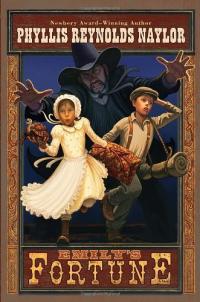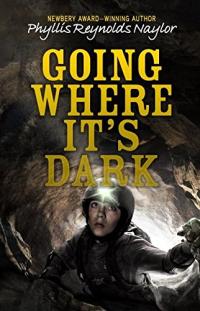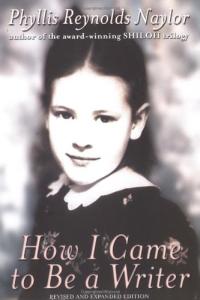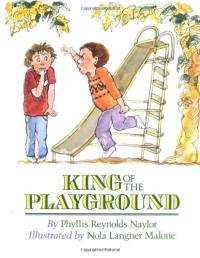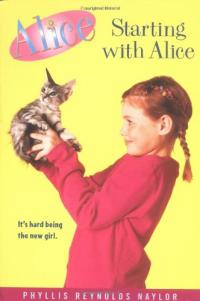
Biography
Phyllis Reynolds Naylor was born in 1933 in Anderson, Indiana, growing up during the Great Depression. Her parents shared theatrical read alouds with Naylor and her siblings every evening, well until her teen years. These shared stories, from Mark Twain to Lewis Carroll, are among Naylor’s deepest and happiest memories — and inspired her to write her own short stories, beginning as a very young girl. When she was 16 years old, a Sunday school teacher asked her to write a story for the church magazine. This story, called Mike’s Hero, was published and Naylor received all of $4.67 for her work. Naylor continued to write short stories and articles until she discovered a preference for the novel where she can really dig into the characters, narrative, and sense of place.
Naylor writes primarily for children and young adults — although she has published several books for adults, including How I Came to Be a Writer, a wry and very personal look at the ups and downs of one writer’s life. Naylor is perhaps best known as the author of Shiloh, a story about a West Virginia boy and an abused dog. The book won the Newbery Medal in 1991 and has been discovered — and cherished — by new generations of young readers. Naylor is also well-known for several successful series — Boys and Girls, Alice, and the Bessledorf mysteries. Naylor taps into her own growing-up experiences to breathe life into the very popular Alice series.
Naylor continues to put in a full six hours of writing every day and can’t imagine doing anything else (although she does have a passion for snorkeling…). She lives with her husband (and first draft reader) Rex, in Gaithersburg, Maryland.
Find this author’s books on these booklists
Themed Booklist
From Book to Film
Themed Booklist
Holiday Buying Guide 2011
Themed Booklist
Learning to Make Responsible Decisions
Themed Booklist
Our Favorite Audiobooks
Themed Booklist
Prized Books for the New Year
Themed Booklist
Summer Reading Guide 2011
Themed Booklist
